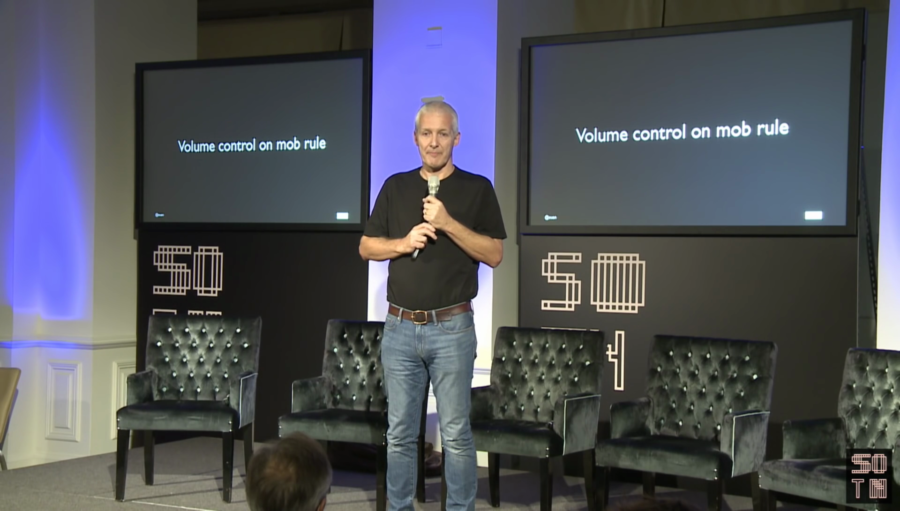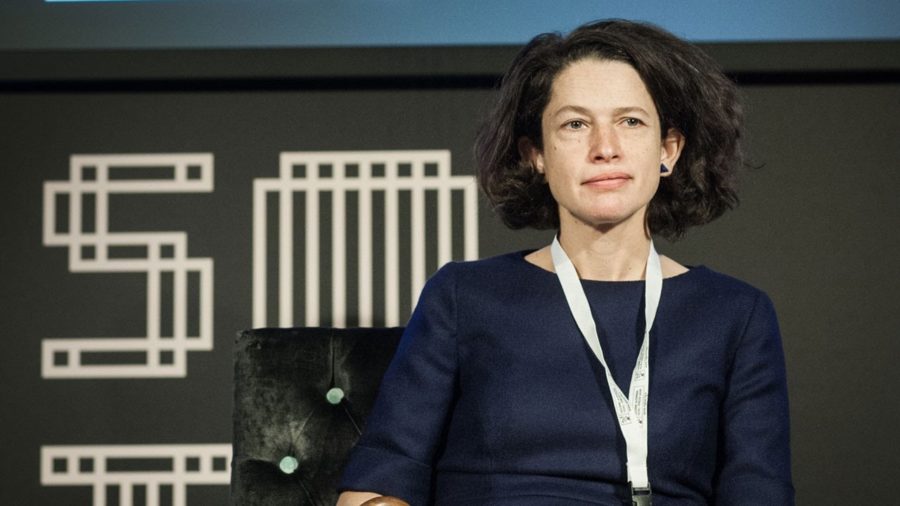Historians get really nervous about patterns. That’s changing a bit now. And the truth of it is there’s not much way to avoid the 500-year cycle. You almost have to work too hard to unsay it, it’s so obviously there in every way. And if you say every 500 years we go through one, then you immediately say we’re in the 21st century and baby are we going through one.
Archive

I think we are groping towards this idea of truth. And even the word truth can be defined in multiple different ways. So we are by its very nature dealing with a very slippery topic.

I’m going to argue today that even while we know post-truth politics is having a terrible effect on our political culture and our role as citizens, it’s curiously difficult to combat it because of a set of beliefs about what politics is, and about the Internet and the way it enables ordinary people to have a voice. And these beliefs intersect with a prevailing anti-intellectual anti-elitism which associates knowledge, discernment, and truth with snobbery and power.
